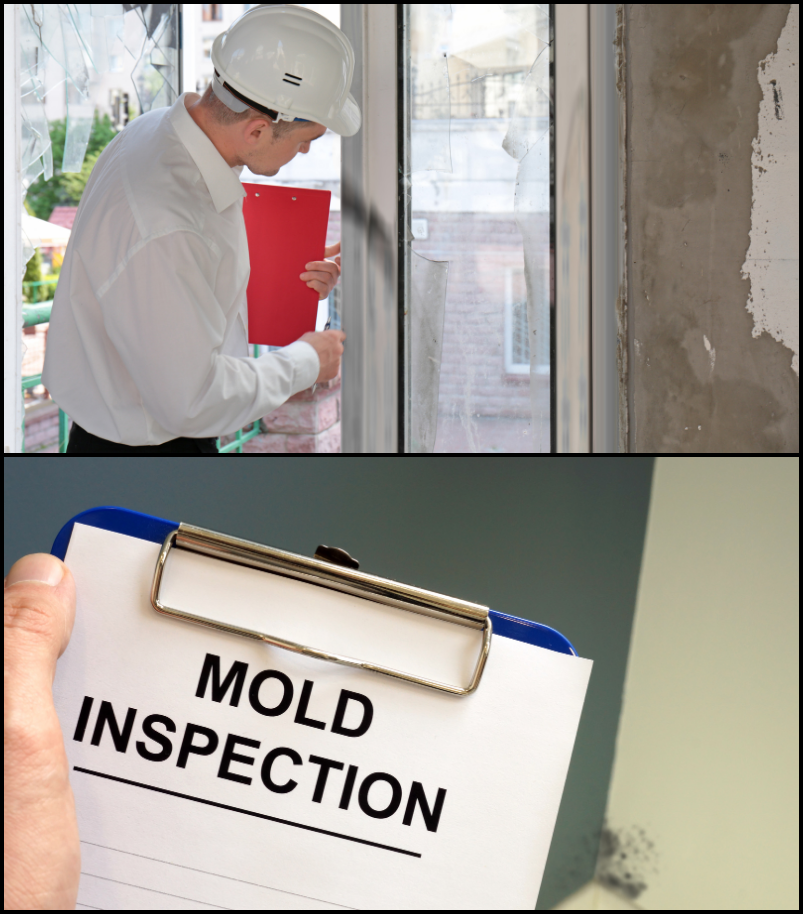Mold Testing in Setauket-East Setauket


The Importance of Mold Testing On Long Island
Professional Mold Inspection in Setauket-East Setauket
Residential
Commercial
Setauket-East Setauket, often referred to as the "Setaukets," is a historic and scenic hamlet located on the North Shore of Long Island in Suffolk County. Part of the Town of Brookhaven, Setauket-East Setauket is known for its colonial history, beautiful landscapes, and a strong sense of community. With a combined population of around 16,000, the area offers a suburban feel with access to both natural beauty and cultural landmarks. The local economy in Setauket-East Setauket is supported by small businesses, local shops, and service providers, as well as its proximity to Stony Brook University and the surrounding research and healthcare institutions. The nearby Stony Brook University and its hospital are major employers in the region, contributing to the hamlet’s growth and development. Residents enjoy a variety of dining and shopping options in nearby Port Jefferson and Stony Brook Village, while still living in a quieter, residential environment.
Setauket-East Setauket experiences a typical Long Island climate, with warm summers and cold winters, making it a great place for outdoor activities throughout the year. The area is home to several parks and preserves, including Frank Melville Memorial Park, a tranquil spot with walking trails, a pond, and historical sites. The Setaukets are close to the Long Island Sound, providing access to beaches, kayaking, and other water activities. The hamlet has a deep historical significance, particularly for its role in the American Revolutionary War. Setauket was the site of the Culper Spy Ring, a group of local patriots who provided intelligence to George Washington during the war. This legacy is preserved through landmarks like the Setauket Presbyterian Church and the historical homes along Main Street. The Three Village Historical Society offers walking tours and exhibits on the area’s rich history, making Setauket-East Setauket a must-visit for history enthusiasts.
Our Mold Testing Services in Setauket-East Setauket
Our testing and inspection process includes the following steps:
Visual Mold Inspection:
Identifying any visible signs of mold growth.
Air Quality Testing:
Detecting mold spores in the air to assess indoor air quality.
Surface Testing:
Collecting samples from surfaces to confirm mold presence.
Moisture Mapping:
Pinpointing areas of potential water damage that may lead to mold growth.
Why Choose Long Island Mold Testing
Certified and Experienced
Local Experts
Fast & Reliable Service
Health-Focused Approach
FAQs
1. What is mold testing?
Mold testing involves inspecting a property for the presence of mold by collecting air or surface samples and analyzing them in a laboratory to determine if harmful mold is present and at what levels.
2. Why is mold testing important?
Mold testing helps identify hidden mold growth that can cause health issues, property damage, and decreased indoor air quality. It allows homeowners to take prompt action to remove mold and prevent further problems.
3. How do I know if I need mold testing?
If you notice visible mold, experience a musty odor, or suspect water damage (e.g., from flooding or leaks), mold testing is recommended. It’s also a good idea after purchasing a home, following major storms, or if household members experience unexplained health issues.
4. What types of mold are commonly found in homes?
Some common molds found in homes include Stachybotrys (black mold), Penicillium, Aspergillus, and Cladosporium. Testing can determine the specific types of mold present and assess the risks they may pose.
5. How is mold testing performed?
Mold testing typically involves collecting samples from the air, surfaces, or materials in your home. These samples are then analyzed in a lab to identify the types of mold present and their concentrations.
6. How long does mold testing take?
The actual testing process usually takes a few hours, but receiving lab results can take anywhere from 24 hours to a few days, depending on the type of testing and the laboratory used.
7. How much does mold testing cost?
The cost of mold testing varies depending on the size of the property, the extent of testing required, and the types of tests performed. Prices typically range from $300 to $600, but more comprehensive testing can cost more.
8. What should I do if mold is detected in my home?
If mold is found, you should contact a professional mold remediation company to safely remove it. It’s important to address the underlying cause of the mold (such as water leaks or high humidity) to prevent future growth.
9. Can I test for mold myself?
There are DIY mold testing kits available, but they may not be as reliable as professional testing. Professional mold inspectors are trained to locate hidden mold and provide more accurate assessments of the extent of the issue.
10. How can I prevent mold growth in my home?
To prevent mold growth, control indoor humidity levels, repair leaks promptly, ensure proper ventilation (especially in bathrooms and kitchens), and clean and dry areas affected by water damage as soon as possible.
11. Is all mold dangerous?
Not all mold is harmful, but certain types of mold can cause health issues, especially for individuals with allergies, asthma, or weakened immune systems. Professional testing can help determine if the mold in your home poses a risk.
12. How often should mold testing be done?
Mold testing should be done after water damage, if mold is visibly present, when moving into a new home, or if you notice unexplained health symptoms. Otherwise, periodic testing every few years can ensure your indoor air quality remains safe.